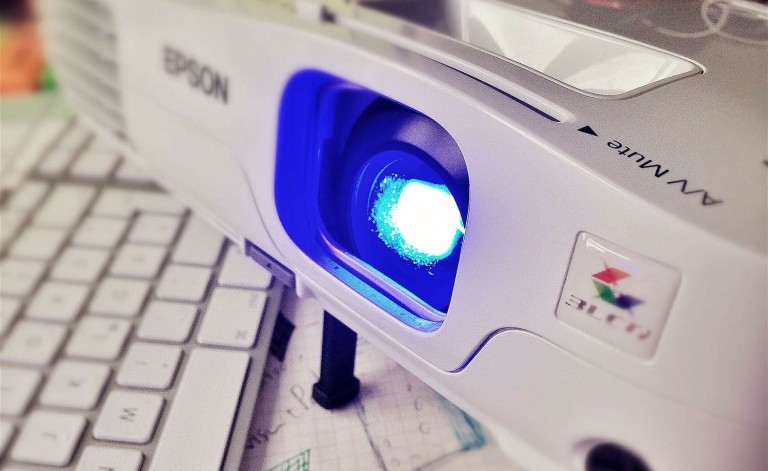Presentations are an important tool when it comes to selling services or products in the B2B sector.
But what makes a successful sales presentation?
The most important prerequisite is that the presenter is familiar with the topic and has good presentation skills. If these two requirements are not met, even the best sales presentation will not produce a result.
For the sales presentation itself, the following factors should be fulfilled:
Focused on target group and goal
Before you start to develop a presentation, you need to ask yourself what you want to achieve with your presentation. Do you want to sell directly or do you just want to arouse interest? The second question you should ask yourself is who you are showing the presentation to. Is it employees of a department who are already very familiar with a topic or do you present to the head of finance, who is mainly interested in economic aspects?
Appropriate dramaturgy
The presentation should be structured in such a way that you gradually work towards the actual goal.
Comprehensible and interesting content
The participants must be able to follow the presentation easily. The content must be easy to understand and interesting.
Attractive presentation
To attract the attention of the participants, the presentation should be visually appealing and easy to read.
Possible questions to be clarified in a sales presentation
- Who are you? (If you do not work with the client regularly)
- Why are you there?
- What are the advantages of the product for the customer? (Here it is a matter of dealing with the respective customer in a very specific manner)
- Can these advantages be proven? (Best Cases, studies, etc.)
- What does your actual offer look like?
- Why should the customer buy the product from you and not from the competitor?
Some advice you should follow for a successful sales presentation
- Avoid advertising language and technical terms. Instead, use terms that everyone present can understand without difficulty.
- Use a sufficiently large font size and good contrasts so that no one has difficulty reading the presentation.
- See the presentation as a tool that supports the spoken word but never replaces it.
- Do not use long passages of text in the presentation and never read the presentation aloud. (Then you could have simply sent people a sales brochure)
- Prepare well for the presentation and practice so that you can see in advance if anything is missing or bumpy.
- During the preparation phase, also deal intensively with possible objections from the customer and work out conclusive counter-arguments.
- Save the most exciting stuff for the end, but also try to get the customer’s attention at the start.
- Involve the customer in the presentation. Rely on dialogue instead of monologue!
- Use a presentation design and image concepts that match your corporate image.


